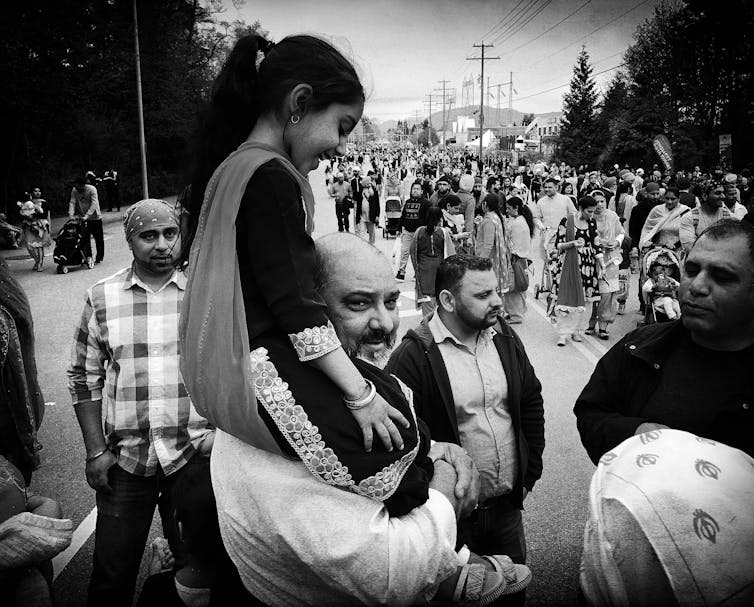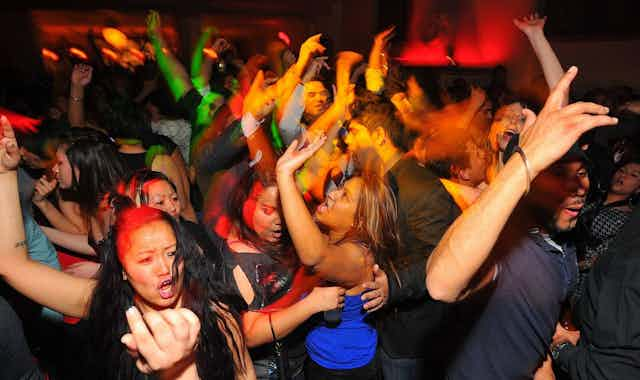It has been a tough year. We have all struggled and our collective mental health has taken a real hit. But according to a recent Statistics Canada report, South Asians have taken an even bigger hit, reporting lower levels of mental health than any other Canadians during the pandemic.
In this episode of Don’t Call Me Resilient, we take a look at some of the reasons why, including the pressure of needing to be a model minority. That’s the idea that Asian immigrants keep their heads down. They don’t rock the boat. They are successful and they prosper. Well, those ideas are mostly myths. And those myths can cause all kinds of problems. It often forces people to internalize their mental anguish and it can end up leaving gaps in our mental health services.
My guests on this episode are intimately connected to the situation. Satwinder Bains is an associate professor and director of the South Asian Studies Institute at the University of the Fraser Valley. Her research focuses on access to mental health support in South Asian communities and the effects of migration and social isolation on mental health. And Maneet Chahal is co-founder of Soch Mental Health, which encourages better access to mental health support in Canada’s South Asian communities.
For a full transcript of this episode of Don’t Call Me Resilient, go here.
Additional reading
Each week, we highlight articles from The Conversation and other places that drill down into the topics we discuss in the episode. This week:
We still stigmatize mental illness, that needs to stop
Inquiry into coronavirus nursing home deaths needs to include discussion of workers and race
How 2 Toronto women are reshaping what it means to be South Asian and taking that message worldwide
Men’s forum addresses mental health in South Asian community
Harpo Mander: It’s time to ask new questions when analysing Metro Vancouver gang violence
There’s help for South Asian men wrestling with drug addiction in Surrey
If you or your loved one needs resources, check out this resource list published by Soch Mental Health Services.
Follow and listen
You can listen or subscribe on Apple Podcasts, Google Podcasts, Spotify or wherever you listen to your favourite podcasts. We’d love to hear from you, including any ideas for future episodes. Join The Conversation on Twitter, Facebook and Instagram and use #DontCallMeResilient.
Don’t Call Me Resilient is a production of The Conversation Canada. This podcast was produced with a grant for Journalism Innovation from the Social Sciences and Humanities Research Council of Canada. The series is produced and hosted by Vinita Srivastava. Our producer is Susana Ferreira. Our associate producer is Ibrahim Daair. Vaishnavi Dandekar is our editorial intern. Reza Dahya is our sound producer. Our consulting producer is Jennifer Moroz. Lisa Varano is our audience development editor and Scott White is the CEO of The Conversation Canada. Zaki Ibrahim wrote and performed the music we use on the pod. The track is Something in the Water.


